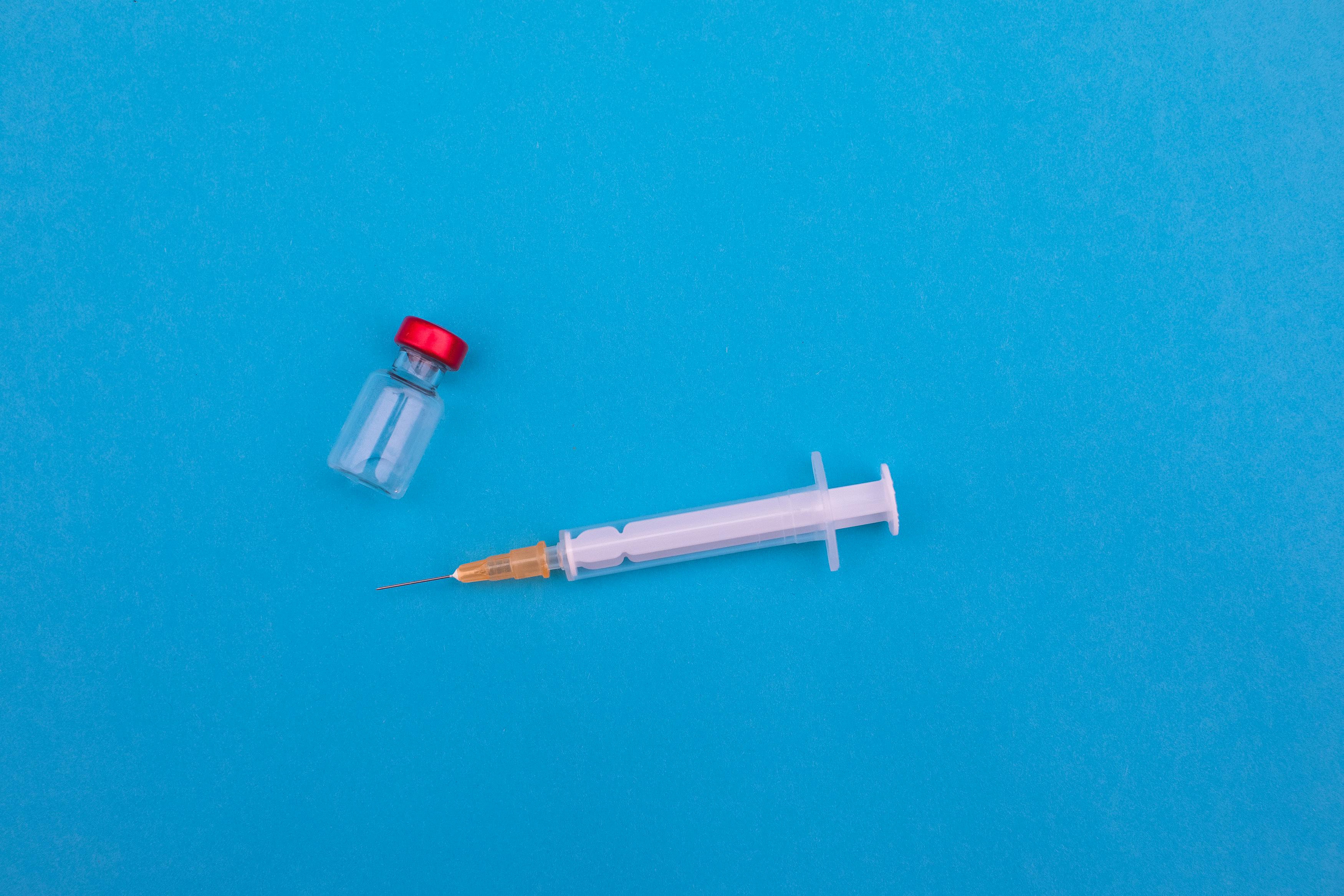Schools and kindergartens must be safe environments for all participants in the educational process, reminds the Center for Public Health of Ukraine. Therefore, to enroll in an educational institution, whether it is a kindergarten, school, or another educational facility, a child must undergo a mandatory medical examination (https://tinyurl.com/34fhkm54) by a family doctor, therapist, or pediatrician, and obtain a “Certificate Form No. 086/о” (https://tinyurl.com/5es72sx6), which includes information about the child’s vaccinations according to their age as per the National Vaccination Calendar (https://tinyurl.com/293hw4se).
Why It’s Important for Children to Be Vaccinated
When 95% of children in a group setting are vaccinated, it creates conditions where the spread of infectious diseases becomes impossible, thus protecting children who cannot be vaccinated due to medical contraindications.
Before Kindergarten
Children who parents plan to enroll in kindergarten must be vaccinated against 10 diseases: tuberculosis, hepatitis B (3 doses), measles, mumps, rubella, whooping cough, diphtheria, tetanus (4 doses), polio (4 doses), and Haemophilus influenzae type b (3 doses).
Before School
At age 14, a child should receive the sixth polio vaccination, and at age 16, the vaccination against diphtheria and tetanus.
Where and How to Vaccinate a Child
To vaccinate a child, schedule an appointment with your family doctor, therapist, or pediatrician with whom you have signed a declaration, or visit the nearest healthcare facility (https://tinyurl.com/yt2p3zce). All vaccinations according to the Calendar are free of charge.
Parents of first-graders should remember: in addition to the vaccinations already listed, a child at age 6 must receive the second dose against measles, mumps, and rubella, and the fifth dose against polio and against diphtheria and tetanus.
During the appointment, the doctor will answer all questions about vaccination: how the vaccination process works, available vaccines, contraindications, and possible reactions after vaccination.
Be sure to inform the doctor about any allergic reactions or reactions to previous vaccinations.
After the child’s examination, obtain a referral for vaccination and proceed with the vaccinations.
What to Do if You Don’t Have a Family Doctor – https://tinyurl.com/3ch7uxhu
If the Child Has Not Received Timely Vaccinations
If, for example, due to moving to a new city, your child has not received the preventive vaccinations according to their age, you need to consult a pediatrician or family doctor, who will examine the child and create an individual vaccination schedule based on the child’s age and previous vaccinations, and explain where and when to get these vaccinations.
Vaccination and War
If you have lost contact with your family doctor due to the war or other reasons, for necessary preventive vaccinations, visit the nearest healthcare facility that provides preventive vaccinations, such as a general practice family medicine clinic or a primary medical care center (“polyclinic”). How to change your family doctor – https://tinyurl.com/2d777h4e.
Vaccination Levels in Ukraine
As of 2023, the vaccination rate against diphtheria and tetanus among Ukrainians is 37% lower than in EU countries (https://tinyurl.com/yrtry2st), so additional immunization measures against these diseases and whooping cough are currently underway.
In 2023, the vaccination coverage for whooping cough, diphtheria, and tetanus among children under one year old was only 83.4%, and at 18 months – 82.7%. These figures are insufficient to ensure protection against outbreaks and epidemics. To create herd immunity, the vaccination rate needs to reach 95%.
The absence of whooping cough vaccinations in children in Ukraine has led to a sharp increase in the incidence of this disease. For the first six months of 2024, there were 30 times more cases of whooping cough compared to the same period last year (4863 cases versus 161).
For diphtheria, there were 4 reported cases from 2022 to the first six months of 2024, and for tetanus – 21 cases, including five among children.
Have you read about what should be in a go-bag or first aid kit?



